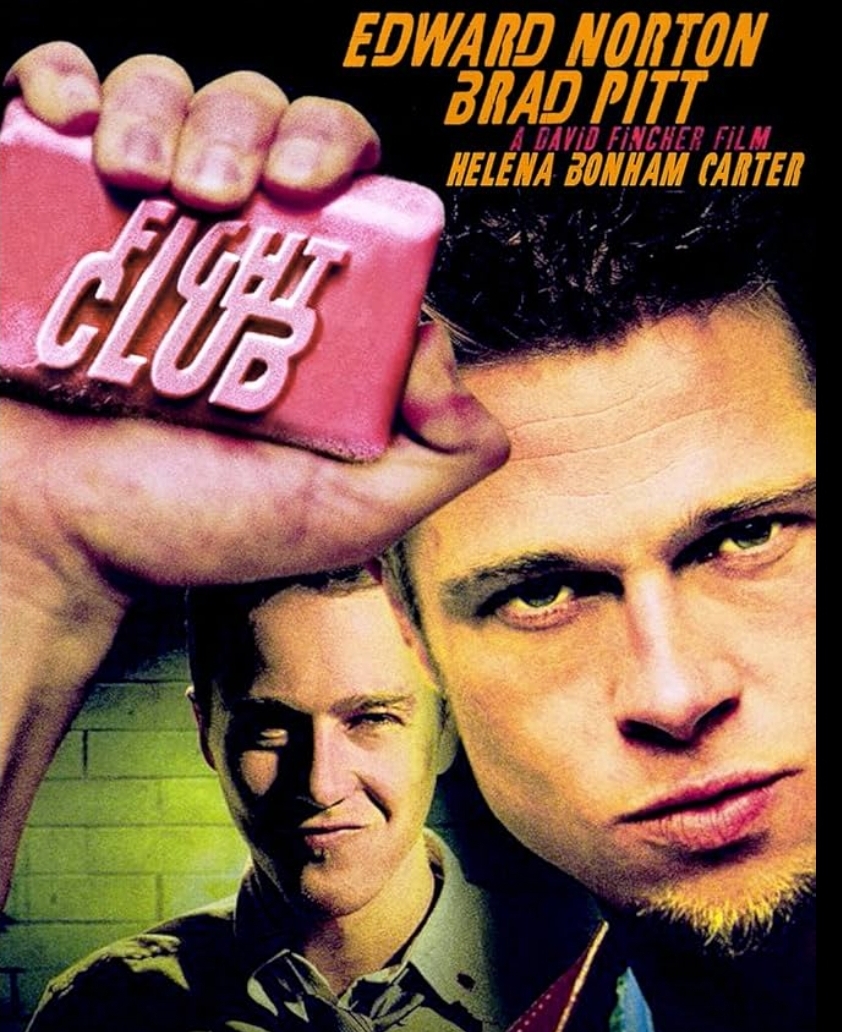“The things you own end up owning you. It’s only after we’ve lost everything that we’re free to do anything.” — Fight Club
This quote comes from the 1999 movie Fight Club, based on the novel by Chuck Palahniuk. It is spoken by the character Tyler Durden, who challenges traditional societal values and the consumerist lifestyle. Here’s a breakdown of what the quote means in more detail:
“The things you own end up owning you.”
This part of the quote critiques materialism and the way that people’s possessions can come to define their lives. In modern consumer culture, people often associate their identity, value, and status with what they own—whether it’s houses, cars, clothes, or gadgets. However, rather than providing freedom and fulfillment, these possessions can begin to control us:
- Financial Burden: The need to earn more money to maintain a lifestyle centered around material possessions often forces people into jobs they don’t love, debt, or financial stress.
- Emotional Burden: People become emotionally attached to their things, which creates anxiety about maintaining them or losing them.
- Loss of freedom: The pursuit of more possessions can trap people in a cycle of work, consumption, and social comparison, leaving them feeling empty or disconnected from their true selves.
The quote implies that material wealth creates a kind of self-imposed slavery. Instead of owning objects, the objects start to dominate our choices and thoughts.
“It’s only after we’ve lost everything that we’re free to do anything.”
This statement suggests that freedom comes through letting go—whether that’s letting go of material wealth, societal expectations, or ego. Tyler Durden believes that true freedom can only be found when someone is stripped of all external attachments and societal norms. In this state of losing “everything,” a person is no longer constrained by fear, expectations, or the pressures of conforming to materialistic ideals.
- Loss as liberation: Losing material possessions or traditional societal status can be viewed as liberating, as it allows for self-reinvention or living life according to one’s own values, rather than society’s values.
- Freedom of choice: When you’re no longer tied to your possessions, job, or social identity, you’re free to pursue what truly matters to you, without fear of losing those things. The idea is that true autonomy and agency come only after shedding the weight of what society says you should value.
“You’re not your job” — Fight Club
“You’re not your job.”
This is a rejection of the notion that one’s identity and worth should be tied to their profession. In modern society, people often define themselves by their jobs or careers (“I’m a lawyer,” “I’m a doctor”). This statement is a critique of how we allow work to dominate our identity, leading to the belief that our worth is tied to professional success.
- Separation of identity and profession: Tyler is emphasizing that your job is just something you do, not who you are. People can feel lost or meaningless if they lose their jobs or fail in their careers because they have become so deeply identified with them.
- Life beyond work: The message here is that life, purpose, and meaning exist beyond one’s job. Individuals should define themselves by their personal beliefs, values, and experiences, rather than by their economic productivity.
Overall Themes
- Critique of consumerism: The quote critiques how consumer society places so much importance on possessions and careers as measures of success and self-worth.
- Existential freedom: It suggests that true freedom comes not from acquiring things, but from detaching from them and realizing that our value doesn’t come from our job or material possessions.
- Identity and self-worth: The quote challenges the audience to rethink where they derive their sense of self. It promotes the idea that once you strip away the material and societal layers, you’re free to live authentically, pursue passion, or experience life in a more meaningful way.
The philosophy here draws from existentialism, a school of thought that emphasizes individual freedom, choice, and personal responsibility in a world that may seem chaotic or meaningless. It questions the purpose of the societal structures we conform to, such as consumerism and career-driven identities, and suggests that breaking free from these illusions can lead to a deeper sense of freedom and fulfillment.






